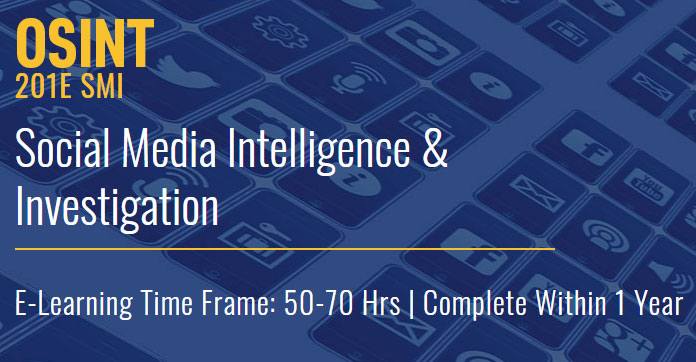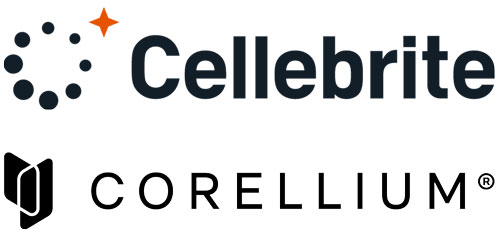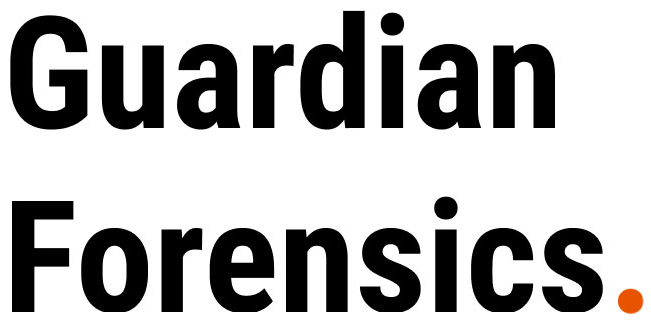
Social Media Intelligence (SMI or SOCMINT) is processed information, sourced from online social platforms and applications that facilitate and enable the collecting, monitoring, and analysis of up-to-date online sentiment and social commentary. The rich and varied information available from social platforms may be live or historical, opinion or fact, text or multi-media, proprietary or crowd-sourced; depending on the data provided by each source, and an investigator’s ability to cross-reference the data across platforms and tools, a comprehensive profile of an individual, location, or event can often be built quickly and accurately.
To recognize, collect, and leverage the value of social platform-sourced information, research and investigative professionals must fully understand the limitations, restrictions, and legal implications of obtaining, and utilizing, such information in a manner that user privacy expectations, license agreements, and other legal limitations are not violated.
Social Media Intelligence & Investigation will introduce research and investigative professionals to a variety of essential tools and techniques necessary to locate, collect, and utilize social platform-sourced information, and introduce investigators to the considerations and implications of leveraging this type of information safely and appropriately.
Module 1
During this first module, students will be exposed to some of the fundamental concepts of online research, investigation, and intelligence, including essential tools and techniques that will be used throughout the course. Most importantly, students will be introduced to the considerations and implications of leveraging intelligence from social media platforms safely and legally.
- Legislation, case law, and policy considerations in the use of social media evidence and the creation of investigator accounts
- Privacy and security considerations
- Techniques for creating and maintaining proxy accounts, vulnerabilities, and best practices
- Using proxy IP addresses to access social networks anonymously
- Best tools and practices for documenting social platform-sourced content
- Language and regional considerations
- Technical and software requirements for effective investigation and intelligence gathering
Module 2
This second module will introduce students to platform-specific tools and techniques necessary for locating, collecting, and utilizing social platform-sourced information. The techniques and considerations introduced in the first module will be revisited throughout this second module as students explore a variety of social platforms.
- Effective cross platform search techniques and specialized queries
- Searching the ‘Big Six’ social networks: LinkedIn, Facebook, Twitter, Instagram, YouTube, and Pinterest
- Obtaining information from social networking mobile applications Snapchat and TikTok
- Searching online forums, discussion boards, groups, and blogs, including Reddit, 4chan, and Tumblr
- Searching review and rating websites for user content and profiles, including Foursquare, Yelp, and Tripadvisor
- Searching classified advertisement websites like Facebook Marketplace and Craigslist
- Introduction to mapping and gelocation tools
- User profiling and identifying multiple social accounts in use by subjects
- Linking people, places, and things
- Critically evaluating information from social platforms to determine reliability
- Downloading videos and viewing video metadata
- Investigating images, including reverse image search and examining embedded EXIF data and other content
Module 3
The final module of this course will pull together all of the tools and techniques introduced in the first two modules, and will reinforce key concepts students need to always be aware of when gathering social media intelligence.
- Step-by-step guidance through the comprehensive Online Search Process
- Guidelines for the capture of social media content by platform
- Tools and techniques for searching people and businesses
- Leveraging publicly available court records and government databases
- Verifying the authenticity of images
- Using cross-reference tables in the search processMonitoring social media users and locations and real-time updates
Technical Requirements
Students must have a computer capable of accessing:
- The World Wide Web
Students must have a basic working knowledge of:
- Word Processing Software: Microsoft Word or equivalent
- A Web Browser: Internet Explorer, Safari, Chrome, Mozilla Firefox, or equivalent
- A PDF Reader: Adobe Reader v7.0 or above. Download for free here.
Who Benefits?
- Investigators
- Analysts
- Researchers
- Journalists
- Law Enforcement and Government Officers
- Public Safety and Security Professionals
- Legal Practitioners
- Information Specialists
- Business Managers
- Competitive Intelligence Professionals
- Petrochemical and Pharmaceutical Reps
- Manufacturing and Marketing Professionals
- Regulators and Compliance Professionals
- Finance Professionals
- Insurance Providers
- Fraud and AML Examiners
- Human Resource Managers
- Loss Prevention Officers
- Debt Collectors
- Non-Profit Organizations




